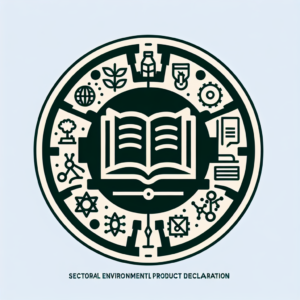The recent implementation of the Online Safety Act (OSA) in the United Kingdom has sparked intense debate over age verification on digital platforms. This legislation requires companies to confirm that all users in the country are at least eighteen years old before allowing them access to content deemed “harmful,” a term that encompasses a wide range of material beyond just explicit sexual content.
The Electronic Frontier Foundation (EFF) has severely criticized the OSA, arguing that it infringes on privacy, restricts freedom of expression, and jeopardizes the safety of minors it aims to protect. As the law takes effect, concerns have already begun to materialize, revealing the urgent need to rethink the approach to age verification.
Large platforms like Spotify and YouTube are striving to comply with the new regulations, while smaller sites, ranging from parenting forums to gaming communities, have opted to shut down or scale back operations for fear of facing exorbitant fines due to broadly debated regulations.
A notable case is Reddit, which, in staunch defense of user privacy, has implemented a policy where many users in the UK now find their favorite communities blocked behind age verification walls. Since the enforcement of these policies, the requirement to submit a photo of a government-issued ID or a live selfie has sparked massive protests among users.
The impact of the OSA is being felt in communities focused on LGBTQ+ identity, health, and politics, which now face restrictions. Even seemingly innocuous spaces, like those dedicated to the history of flags, have fallen under the new regime. Users are faced with a dilemma: provide sensitive personal information or abstain from important discussions in the digital sphere.
The term “harmful” used by the OSA extends beyond explicit content, creating barriers that affect countless users under the age of eighteen. As fines loom, sites are tending towards over-regulation that limits access to valuable information. Consequently, the use of VPNs has skyrocketed in less than a week, and hundreds of thousands have promoted petitions for the law to be repealed.
Digital rights advocates argue that, despite its aim to protect, age verification could increase the risk of harm, pushing young people toward less safe areas of the web. This underscores the possibility that the OSA and similar regulations in other jurisdictions could become tools of censorship that threaten online freedom.
The situation in the UK may foreshadow what could happen in other countries, including the United States, where lawmakers have expressed their intent to use restrictions on explicit sexual content as a means to control other forms of expression.
This scenario highlights the critical need to oppose similar legislation globally. The erosion of privacy, safety, and freedom of expression should serve as a cause for alarm and active mobilization from all internet users.
Referrer: MiMub in Spanish











